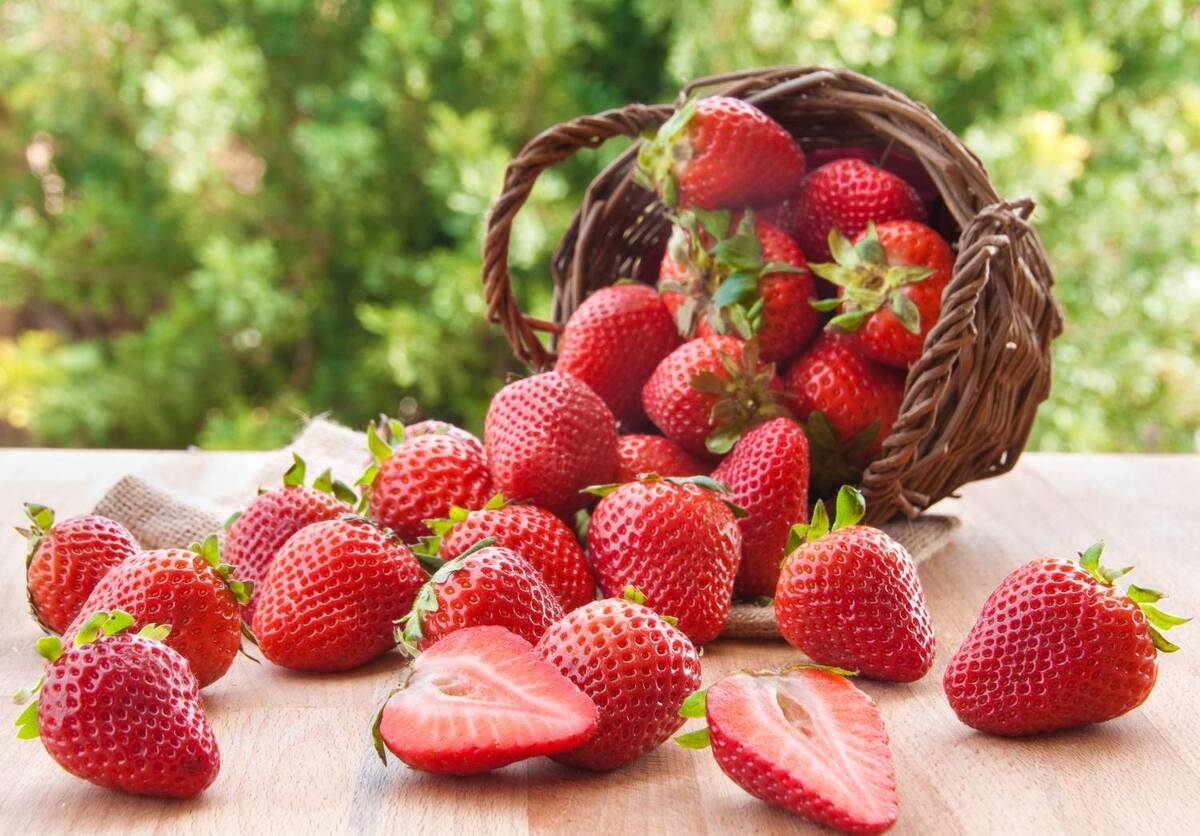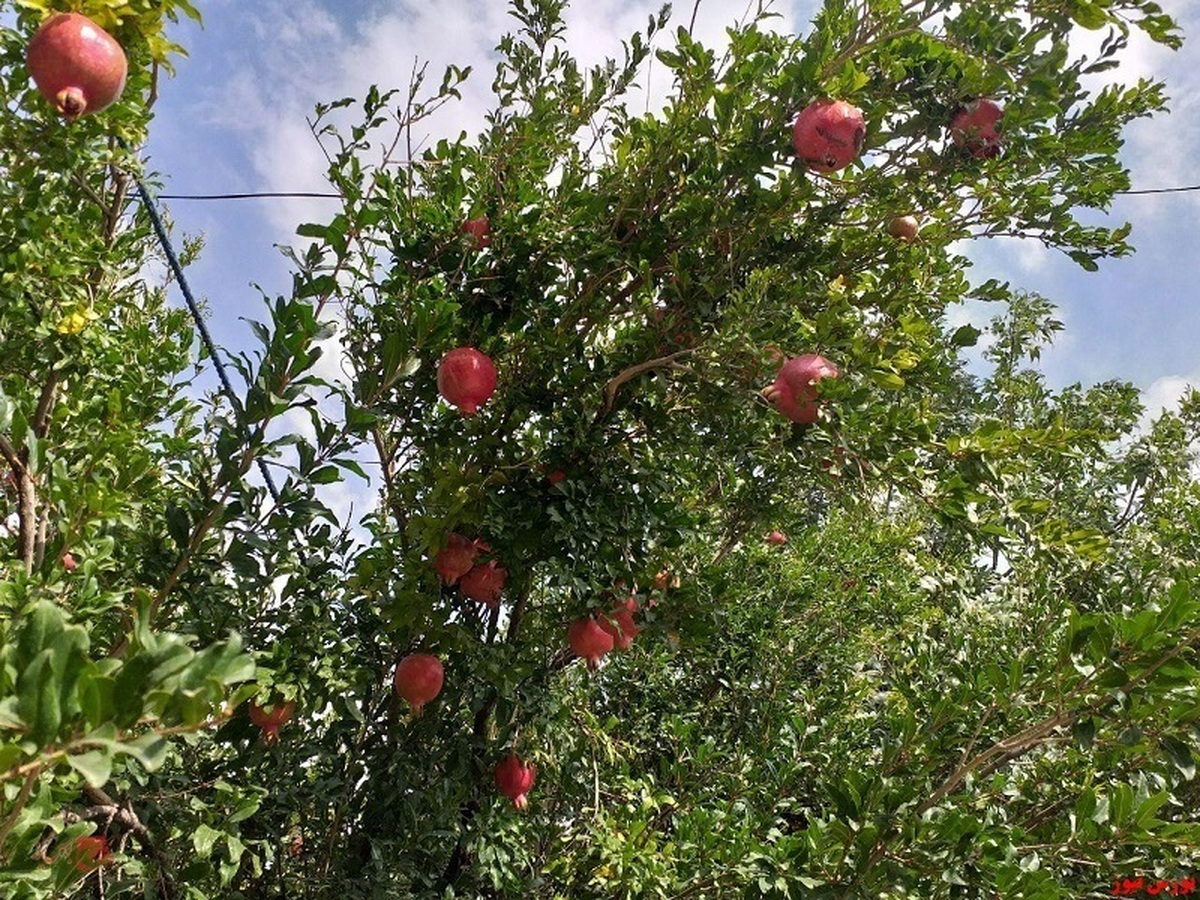Are Your Strawberries Not Tasting As Good? Pesticides May Be Responsible

Have you ever been disappointed by the taste of a strawberry, despite its plump and red appearance? The cause might be the use of certain pesticides, the Journal of Agricultural and Food Chemistry reported.
The taste and aroma of a fruit, including berries, determine its flavor profile. The sweetness of a fruit is usually derived from the concentration of dissolved glucose or fructose, while its unique scent is produced by volatile compounds like esters and terpenes. Furthermore, fruits are often rich in nutrients such as vitamin C, folic acid, and antioxidants.
But because fungicides are designed to disrupt the cellular processes of detrimental fungi, they could accidentally interfere with these processes in crops, inhibiting the production of these important flavors and nutritional compounds. So, Jinling Diao and colleagues wanted to investigate how two common pesticides used on strawberries — boscalid (BOS) and difenoconazole (DIF) — affect specific molecular pathways in berries.
The researchers grew three groups of strawberries (Fragaria x ananassa Duch) in identical conditions, applying BOS or DIF to two of the groups when the berries were still green. Even after treatment, the fully grown berries were identical in size and color to those grown without pesticide. Yet, under the surface, the team found a number of chemical changes caused by both of the fungicides:
The levels of soluble sugars and nutrients, such as sucrose and vitamin C, were reduced.
Sugars were converted into acids, further reducing sweetness.
The amount of volatile compounds changed, subduing the berry’s taste and aroma.
Looking more closely, the team found that BOS had a direct effect on the regulation of genes involved in cellular pathways related to producing sugars, volatile compounds, nutrients and amino acids. Finally, in a blind taste test, people consistently preferred the untreated strawberries. The researchers say that this work could provide guidance to farmers about the use of pesticides.
4155/v
























